What is DASH Diet (DD)
The DASH diet, short for Dietary Approaches to Stop Hypertension, is a scientifically proven diet plan designed to improve health and lower the risk of chronic diseases, especially high blood pressure. This diet focuses on eating nutrient-rich, whole foods, such as fruits and vegetables, lean proteins, whole grains, and low-fat dairy, while limiting unhealthy foods like added sugars, saturated and trans fats. By following the DASH diet, individuals can not only improve their blood pressure, but also improve their weight management, heart health, and gut health.
Importance of a healthy diet in overall health
The importance of a healthy diet in maintaining overall health cannot be overstated. In a world where fast food and convenience reign supreme, it can be difficult to know how to make the right choices for our bodies. The DD provides a roadmap for making healthy food choices, and has been praised by healthcare professionals for its positive impact on health. In this comprehensive guide, we will explore the benefits of the DD, the foods to eat and avoid, and provide tips and recipes to help you get started. Whether you’re looking to improve your health or simply want to learn more about the DASH diet, this guide has everything you need to get started.

Benefits of the DASH Diet
The DASH diet is not just a diet for lowering blood pressure, it has a multitude of other benefits that can improve overall health. Let’s explore some of the top benefits of the DASH diet:
- Lowers Blood Pressure: The primary goal of the DD is to lower blood pressure. By eating a diet rich in fruits, vegetables, whole grains, and lean proteins, individuals can lower their blood pressure and reduce the risk of heart disease.
- Supports Weight Loss: The DD is low in calories and high in fiber, making it a great option for individuals who are looking to lose weight. By following the DASH diet, individuals can eat a variety of healthy foods that will keep them feeling full and satisfied.
- Improves Heart Health: By reducing blood pressure and lowering cholesterol levels, the DD can help improve heart health. This diet can also reduce the risk of heart disease, stroke, and other heart-related conditions.
- Increases Energy: The DD is rich in vitamins, minerals, and essential nutrients that are essential for overall health and well-being. By eating a variety of healthy foods, individuals can increase their energy levels and feel better both physically and mentally.
- Supports Digestive Health: The DD is high in fiber, which is essential for digestive health. By eating a diet that is rich in fruits, vegetables, and whole grains, individuals can improve their digestive health and reduce the risk of digestive problems.
By following the DD, individuals can reap multiple health benefits and improve their overall health. By making healthy food choices and controlling portion sizes, individuals can achieve a healthy and balanced diet that can improve their health and well-being.
Foods to Eat and Avoid on the DASH Diet
The DD is based on eating nutrient-rich, whole foods and limiting unhealthy foods. Dash diet food list allowed in this diet plan are known for the foods to lower blood pressure immediately. Here are the foods that are encouraged on the DASH diet and the foods that should be limited:
Foods to Eat:
- Fruits and Vegetables: A variety of fresh and frozen fruits and vegetables should make up the majority of the DASH diet. These foods are rich in vitamins, minerals, and fiber.
- Whole Grains: Whole grains, such as brown rice, whole grain bread, and oatmeal, should make up a significant portion of the DD. These foods are rich in fiber, which is essential for digestive health.
- Lean Proteins: Lean proteins, such as chicken, fish, and beans, should make up a portion of the DASH diet. These foods are rich in essential nutrients, such as iron and protein.
- Low-Fat Dairy: Low-fat dairy, such as milk, yogurt, and cheese, should also be included in the DD. These foods are rich in calcium and other essential nutrients.
Foods to Limit:
- Added Sugars: Added sugars, such as those found in candy, cookies, and soda, should be limited on the DD. These foods are high in calories and low in nutrients.
- Saturated and Trans Fats: Saturated and trans fats, found in fried foods, fatty meats, and butter, should also be limited on the DD. These unhealthy fats can increase cholesterol levels and increase the risk of heart disease.
- Sodium: Sodium should be limited on the DD. This is because high sodium intake can increase blood pressure.
By following these guidelines, individuals can ensure that they are eating a healthy and balanced diet that is rich in essential nutrients and low in unhealthy foods. This will help them achieve their health goals and improve their overall health.
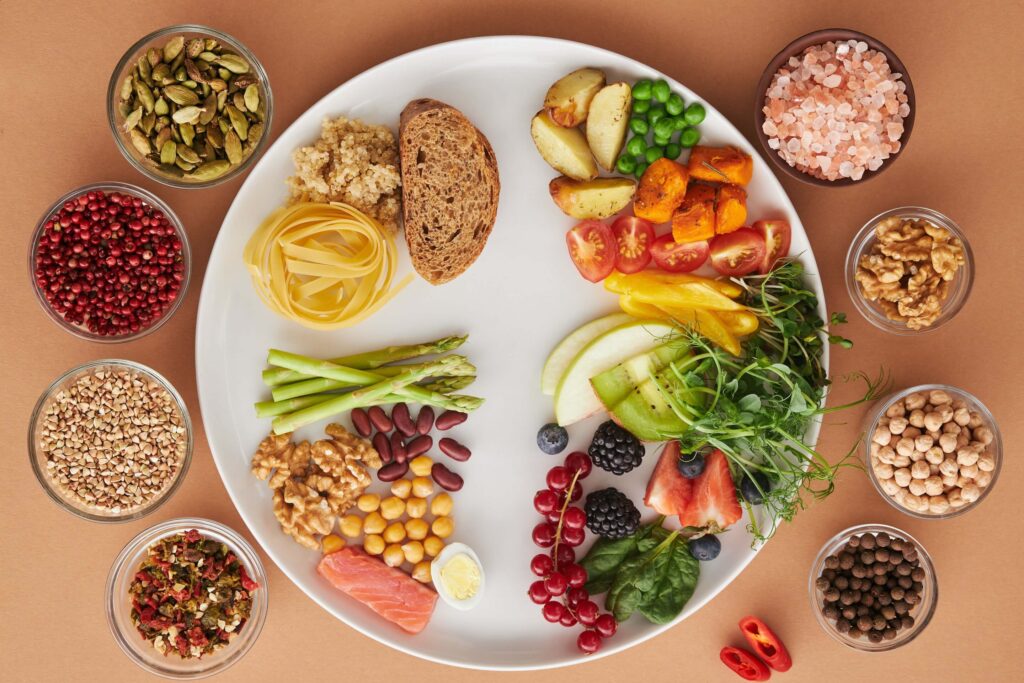
DASH Diet Meal Plan
One of the best ways to follow the DASH diet is by incorporating a variety of healthy foods into your daily diet. Here’s a sample DASH diet breakfast, lunch, dinner and snacks meal plan to help you get started. However, following are just an example which can be customized by personal tastes and preferences:
Breakfast:
- Whole grain toast with avocado and a poached egg
- Fresh fruit salad with Greek yogurt
- Oatmeal with nuts, berries, and a drizzle of honey
Lunch:
- Grilled chicken salad with mixed greens, cherry tomatoes, and balsamic vinaigrette
- Veggie wrap with hummus, roasted vegetables, and a side of fruit
- Quinoa and black bean bowl with salsa and a dollop of Greek yogurt
Dinner:
- Grilled salmon with roasted vegetables and quinoa
- Chicken stir-fry with brown rice and a variety of colorful veggies
- Lentil soup with a side of crusty whole grain bread
Snacks:
- Apple slices with almond butter
- Carrot sticks with hummus
- Roasted chickpeas
It’s important to remember that the DASH diet is not a one-size-fits-all approach to eating. Just make sure to focus on eating a variety of healthy, whole foods, and to limit your intake of processed foods and sugary drinks.
Research Studies on the DASH Diet
The DASH diet has been extensively studied and the results have shown that it can be an effective way to improve cardiovascular health, lower blood pressure, and reduce the risk of chronic diseases. Here are some of the key research studies on the DASH diet:
- The DASH Trial: This study, conducted by the National Heart, Lung, and Blood Institute, found that the DASH diet was effective in lowering systolic blood pressure by 5.5 mm Hg and diastolic blood pressure by 3 mm Hg.
- The PREMIER Trial: This study, which was also conducted by the National Heart, Lung, and Blood Institute, found that the DASH diet was associated with significant reductions in blood pressure and improved cardiovascular health.
- The OmniHeart Trial: This study found that the DASH diet was more effective in reducing blood pressure and improving cardiovascular health compared to a typical American diet, a low-fat diet, and a high-protein diet.
- The DASH-Sodium Trial: This study found that the DASH diet was effective in lowering blood pressure, even when salt intake was increased. This suggests that the DASH diet can be effective in reducing blood pressure, regardless of salt intake.
Overall, the research supports the idea that the DASH diet can be an effective way to improve cardiovascular health and lower blood pressure. It’s important to remember, however, that the DASH diet should be personalized to meet the needs and goals of each individual, and that it’s always best to work with a healthcare professional when making dietary changes.
Conclusion:
The DASH diet is a well-researched and proven way to improve cardiovascular health, lower blood pressure, and reduce the risk of chronic diseases. With its emphasis on whole, nutrient-dense foods and portion control, the DASH diet is a healthy and sustainable way to eat. Whether you’re looking to improve your overall health, or manage a specific health condition, the DASH diet is a great place to start.
However, it’s important to remember that the DASH diet should be personalized to meet the needs and goals of each individual. Working with a healthcare professional or a registered dietitian can help ensure that you get the most out of the DASH diet and make it a long-term, sustainable part of your healthy lifestyle.
In conclusion, the DASH diet is a powerful tool for improving health and preventing chronic diseases. Whether you’re just starting out on your health journey, or looking to make positive changes to your diet, the DASH diet is a great option to consider. Good Luck!


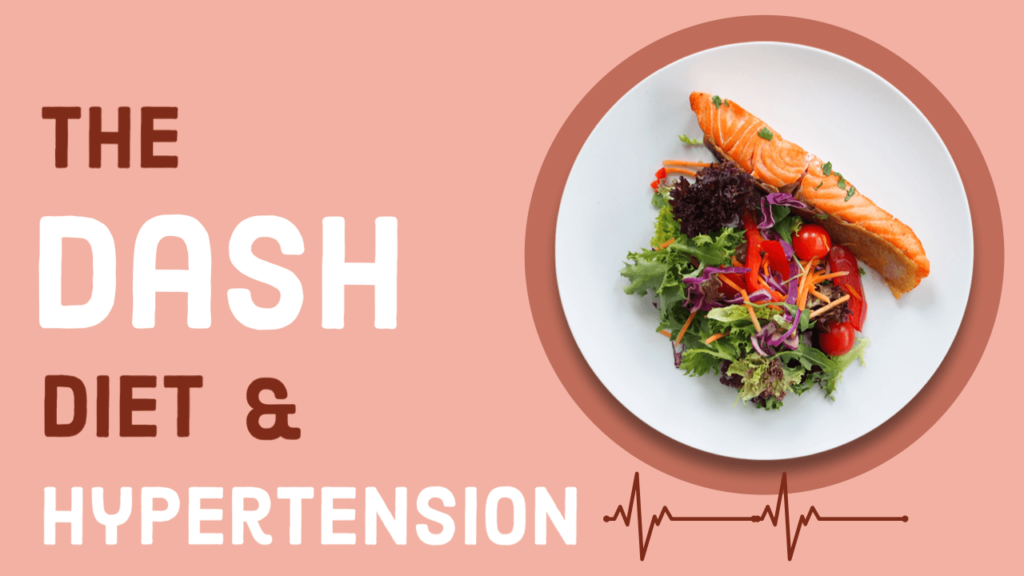
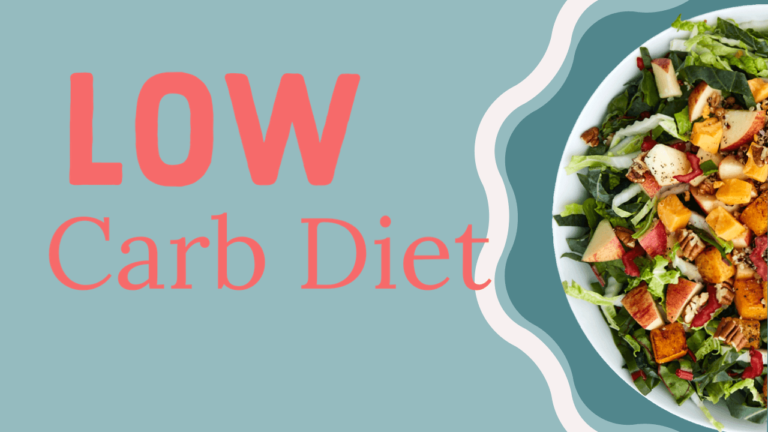

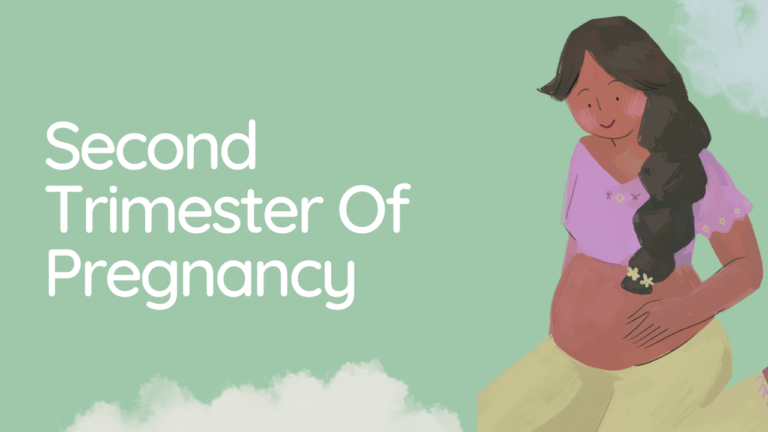

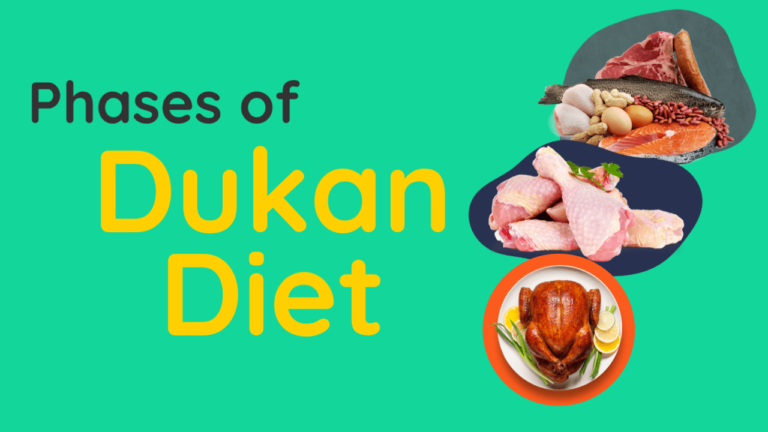
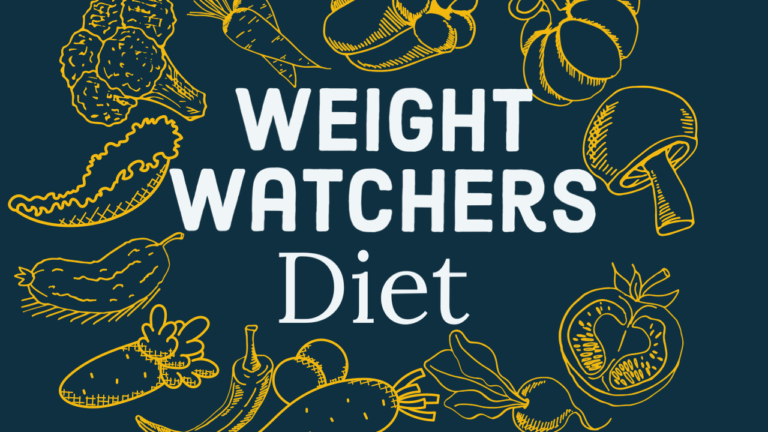



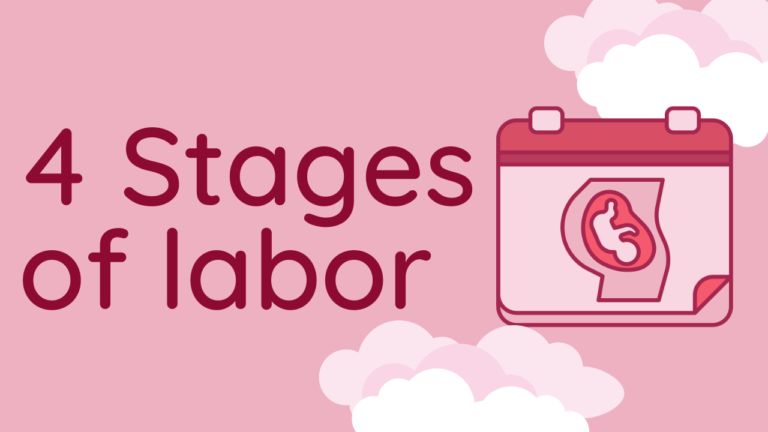
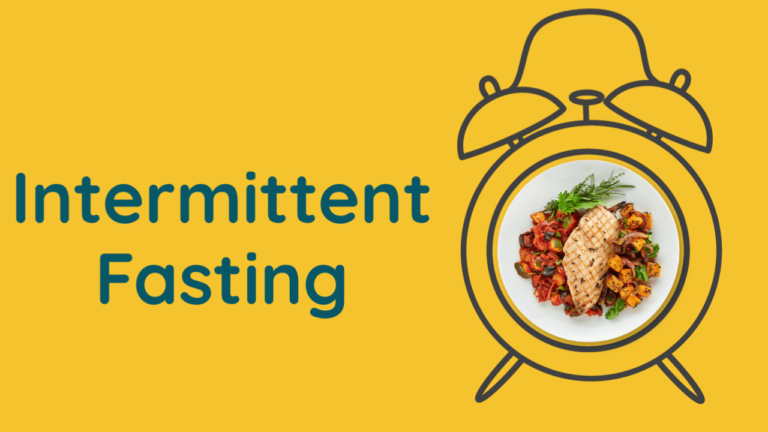


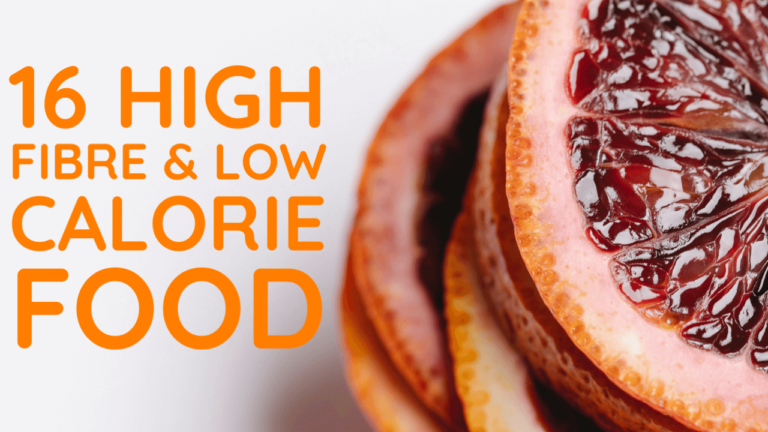
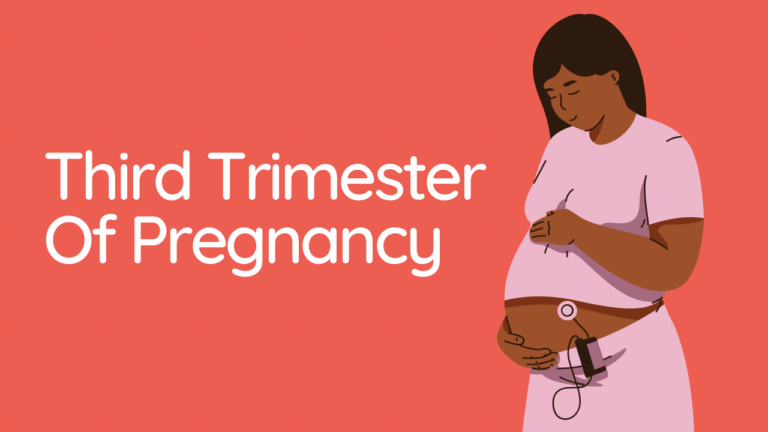

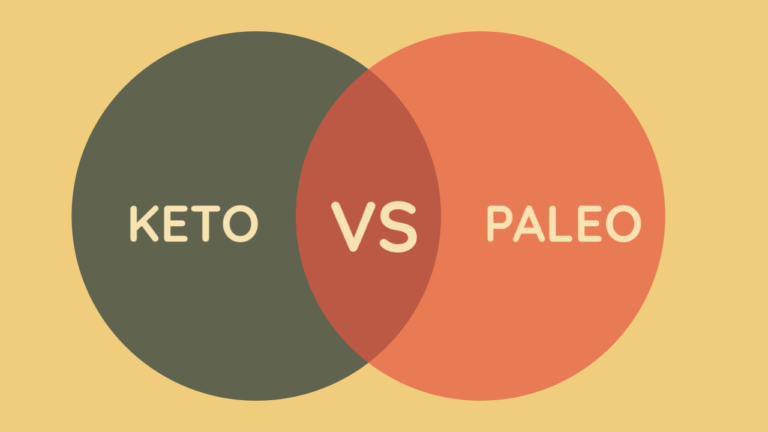
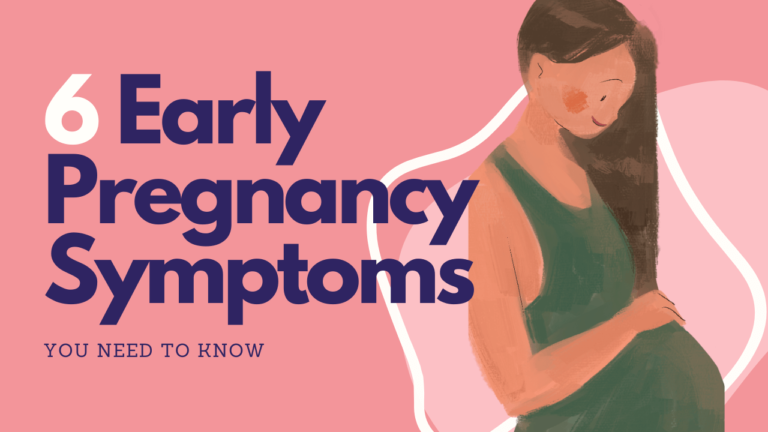
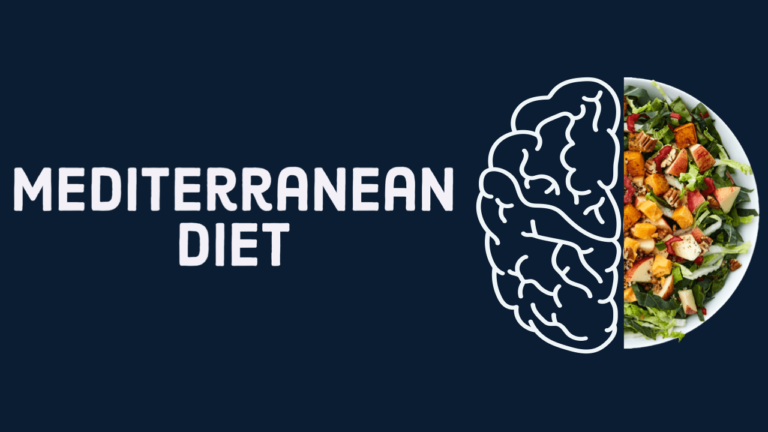
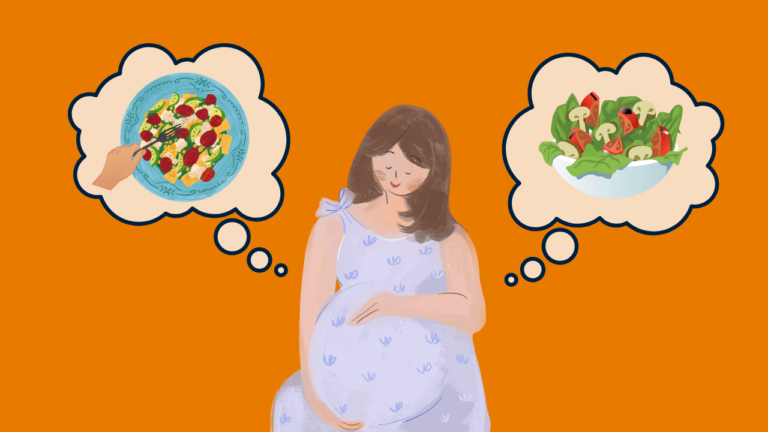
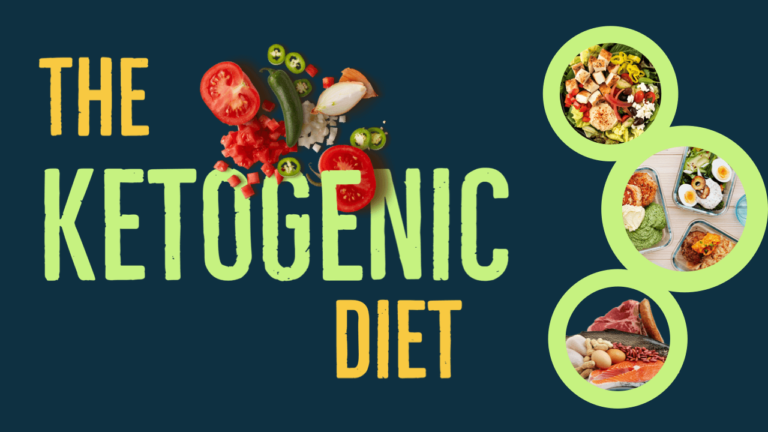
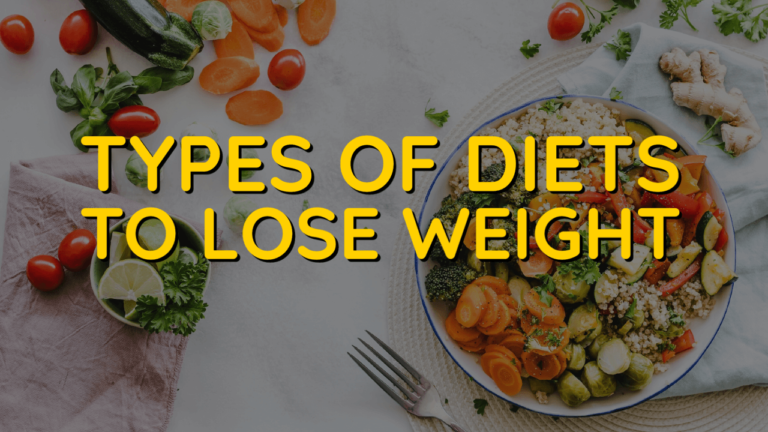


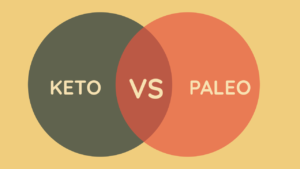
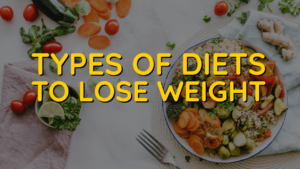
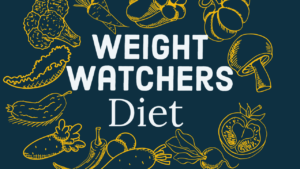
1 thought on “The Dash Diet: Benefits, Diet Plan, And It’s Impact on Blood Pressure”
Hey there You have done a fantastic job I will certainly digg it and personally recommend to my friends Im confident theyll be benefited from this site